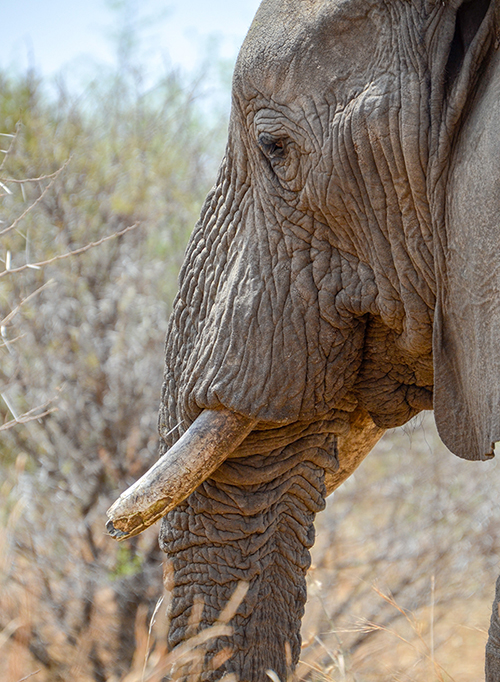What is the solution?
Community-centered conservation that protects biodiversity while empowering people to live well with the natural world.
This solution improves our resource security in the planet category.
How does it #MoveTheDate?
Long-term prosperity—for people and our planet—depends on healthy and sustainable biosystems. Refocusing conservation efforts to involve those who directly impact and are impacted by existing biodiversity creates a sense of ownership that can drive lasting change.
How is it scalable?
When grassroots solutions gain public support, local leaders are held accountable for implementing policies that halt the destruction of wild places and communities are further empowered to find ways for people and our planet to thrive together.
What is the solution?
Community-centered conservation that protects biodiversity while empowering people to live well with the natural world.
This solution improves our resource security in the planet category.
How does it #MoveTheDate?
Long-term prosperity—for people and our planet—depends on healthy and sustainable biosystems. Refocusing conservation efforts to involve those who directly impact and are impacted by existing biodiversity creates a sense of ownership that can drive lasting change.
How is it scalable?
When grassroots solutions gain public support, local leaders are held accountable for implementing policies that halt the destruction of wild places and communities are further empowered to find ways for people and our planet to thrive together.

Biodiversity is a key property to maintain the function of robust ecosystems, which provide life support for humanity and wildlife. As human populations and consumption increase, we place greater pressure on ecosystems that are essential for life. Understanding this relationship empowers communities to work together to regenerate the environment in ways that improve their own livelihoods and make space for threatened and endangered species. The Wild Foundation’s Mali Elephant Project is an inspiring example.
According to the project’s website: “Local people in the remote, arid lands of West Africa understand that they are embedded in the web of life – like elephants and all species – and dependent upon its integrity. For them, the loss of elephants would be a sign that the environment was much reduced in its capacity to support life, including themselves.”
Since its launch in 2002, the Mali Elephant Project has restored and enhanced the protection of more than 8 million square acres of elephant habitat and kept 250+ elephants roaming free in one of just two remaining desert elephant herds on the planet!
You can read more about the Wild Foundation’s grassroots, national, and international work to promote community-centered conservation and ‘save Earth’s wilderness’ here.
There’s no benefit in waiting!
Acting now puts you at a strategic advantage in a world increasingly defined by ecological overshoot. Countless solutions exist that #MoveTheDate. They’re creative, economically viable, and ready to deploy at scale. With them, we can make ourselves more resilient and #MoveTheDate of Earth Overshoot Day. If we move the date 6 days each year, humanity can be out of overshoot before 2050.
